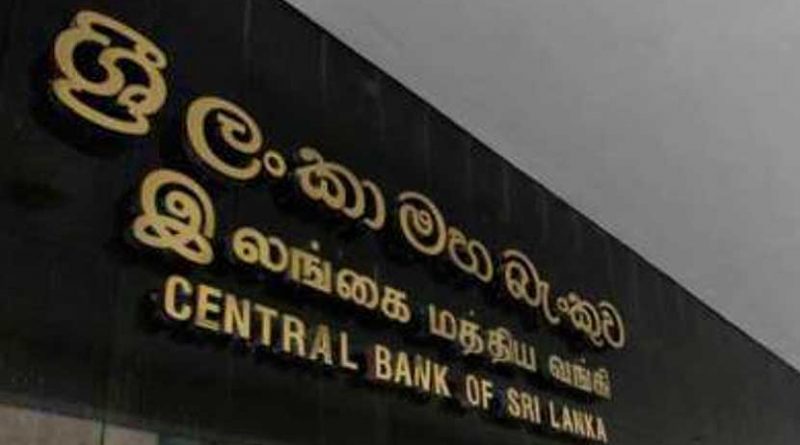LNP – Central Bank sells US$ 372mn in Nov. to defend rupee
The Central Bank sold US$ 372.35 million in November to defend the rupee—a record high in recent years—reflecting the seriousness of the foreign currency liquidity crisis Sri Lanka is currently in.
According to the latest data, the Central Bank sold US$ 372.35 million in foreign exchange and bought US$ 61.71 million from the domestic foreign exchange market in November, staying as a net seller of foreign exchange for the second consecutive month.
In October, after months of being a net absorber or buyer of foreign currency from the market, the Central Bank turned a net seller of US$ 72.32 million worth of foreign currency. Sri Lanka’s rupee came under heavy pressure since June this year when the envisaged inflows started drying up while the excess money came out of monetary stimulus that resulted in higher imports.
This created a shortage in the dollar liquidity in the domestic foreign exchange market, which resulted in parallel exchange rates, exacerbating the country’s external sector woes.
The Central Bank fixed the exchange rate at Rs.198/202 against the dollar, but didn’t provide convertibility, creating a large gap between the official and market rates, causing massive amounts of foreign currency of Lankan migrant workers to be transmitted through informal channels, which convert dollars at much higher rates than what is offered by banks.
This prompted the Central Bank to launch a crackdown on both formal and informal money changers which offered higher rates, threatening the authorised money changers with revocation of their licenses.
The crunch in foreign currency liquidity has scuttled the Central Bank’s earlier intentions to collect a substantial amount of foreign currency in its quest to rebuild the foreign reserves out of non-debt creating inflows. The most recent challenges in staying on course with its earlier plans came as when the Central Bank had to directly intervene in the foreign exchange market to help certain importers of essentials such as crude oil, milk powder, cooking gas, cement etc. to end the shortages in the local market.
The Central Bank on November 25 said it had so far collected US 150 million each from the mandatory conversions of remittances from migrant workers and exporters. The bank also said it is witnessing a notable increase in exporter conversions with the fresh rules that came into effect since late October, which gave exporters much leeway prior to converting their remaining proceeds.
Nevertheless the inclusion of service exports, which encompass the professional services, sparked concerns lately as resident Sri Lankans receiving their incomes via US dollars or any other foreign currency have seen their earnings been converted into rupees by their banks without obtaining prior consent leading to widespread unease and dissatisfaction among this category.

